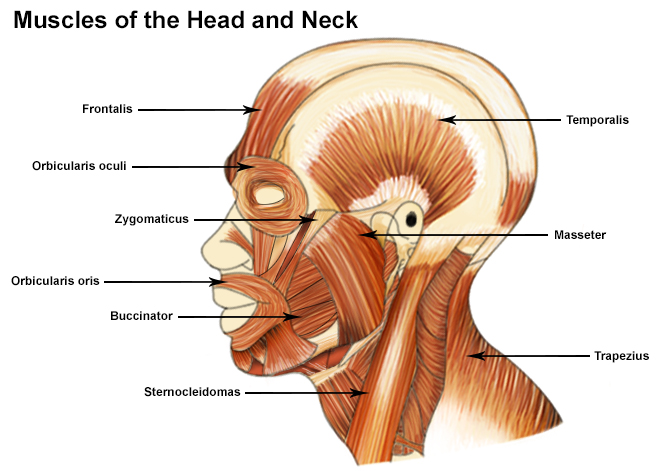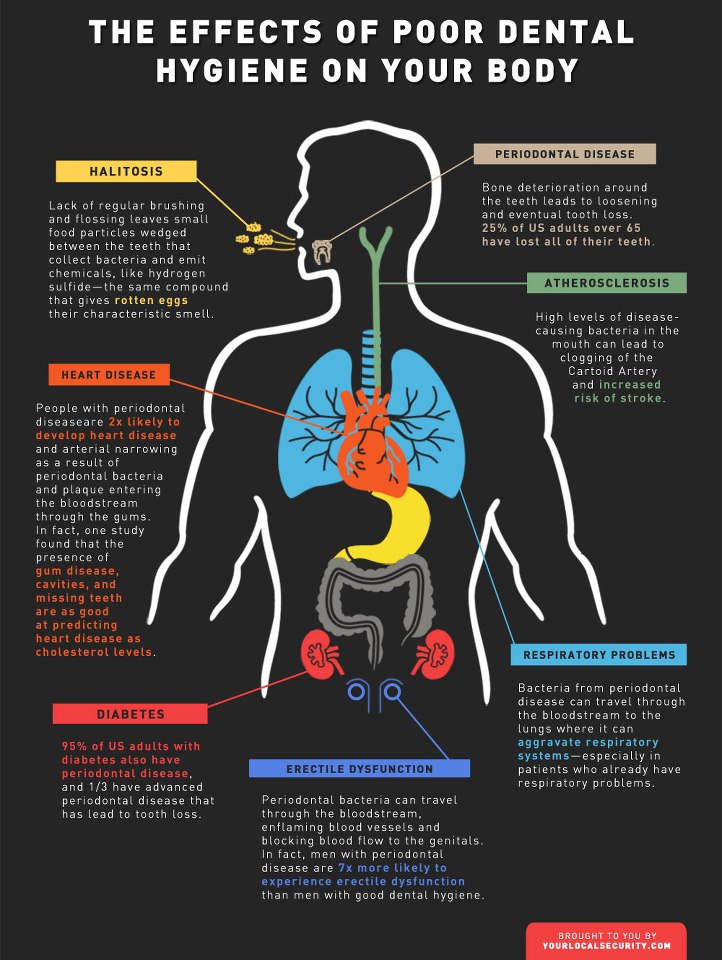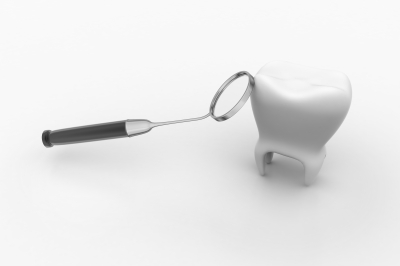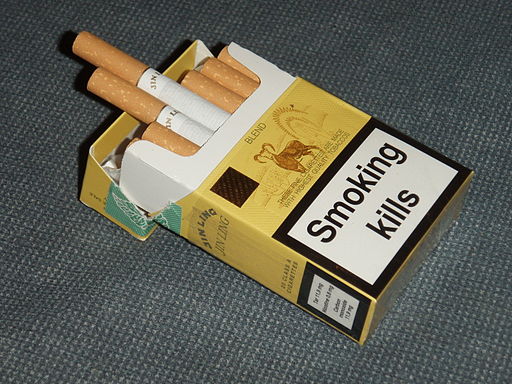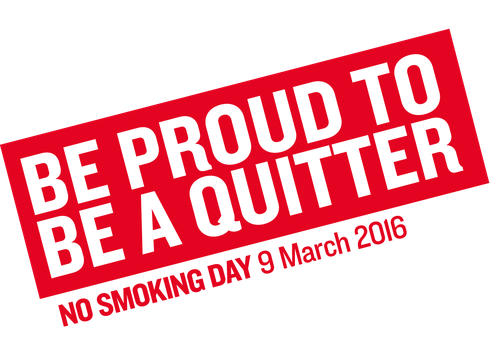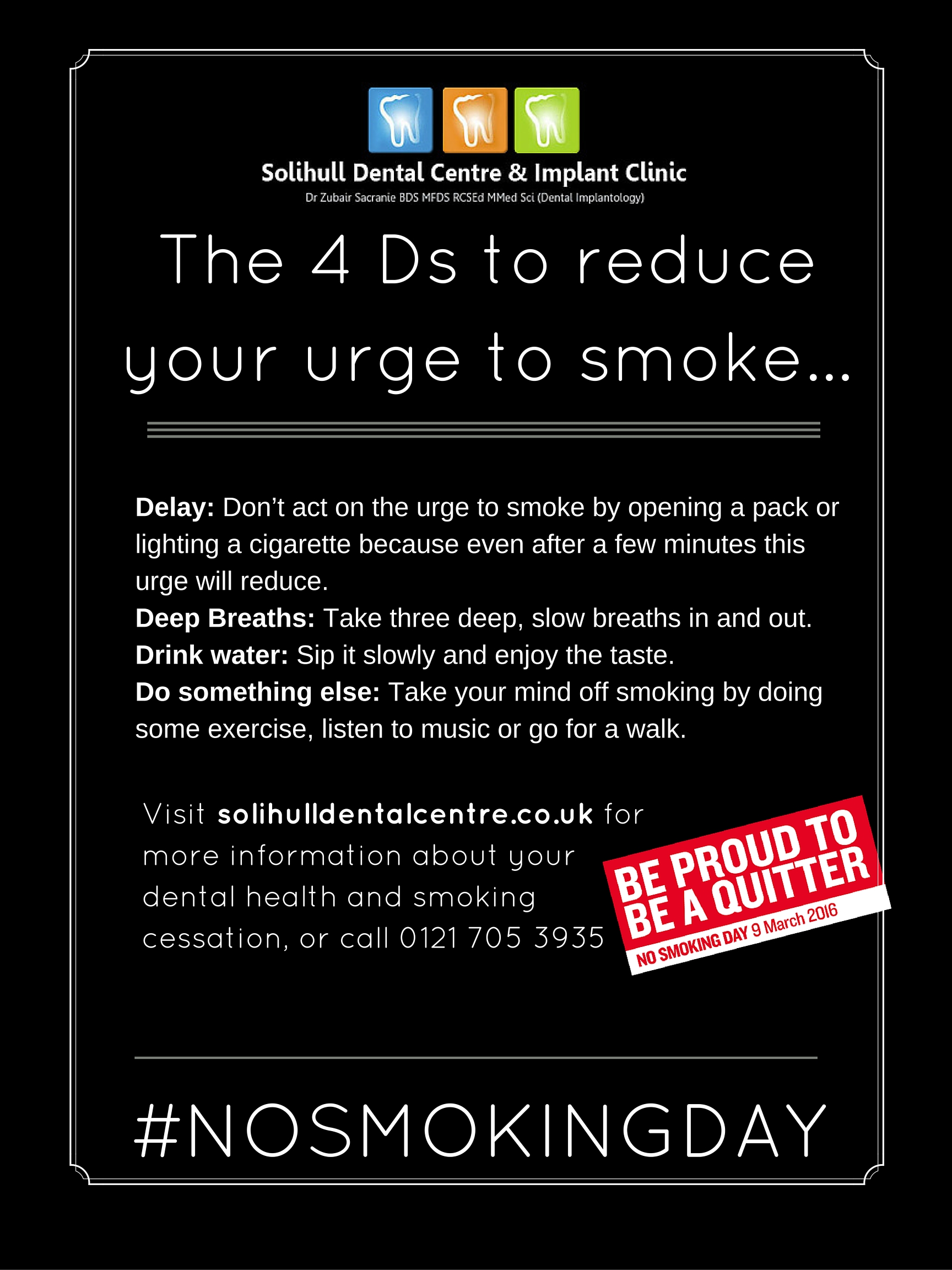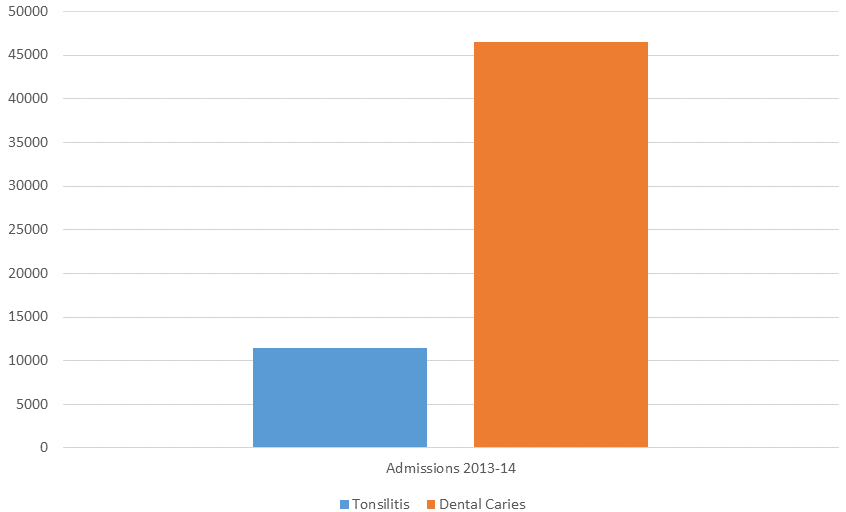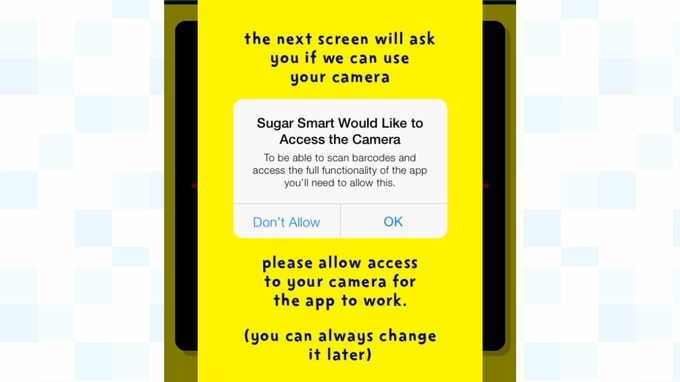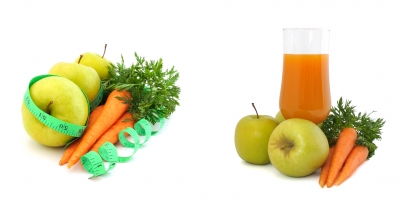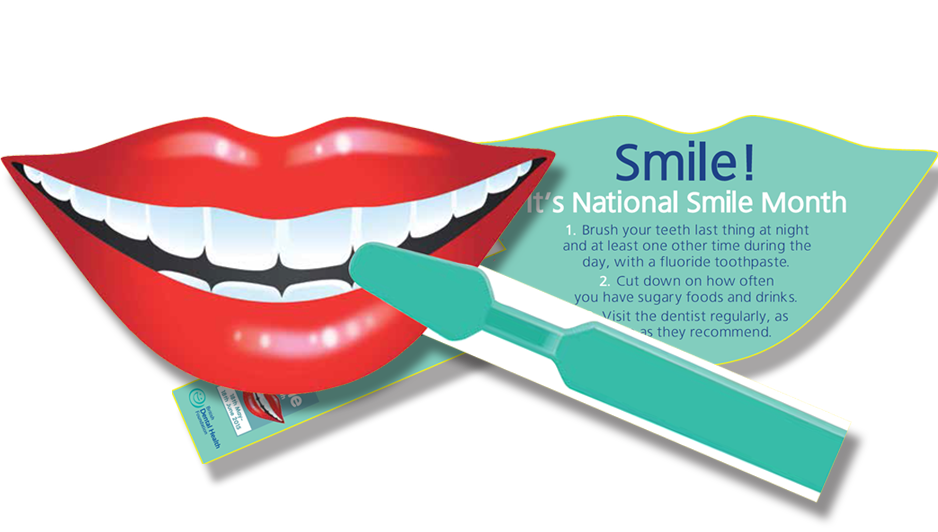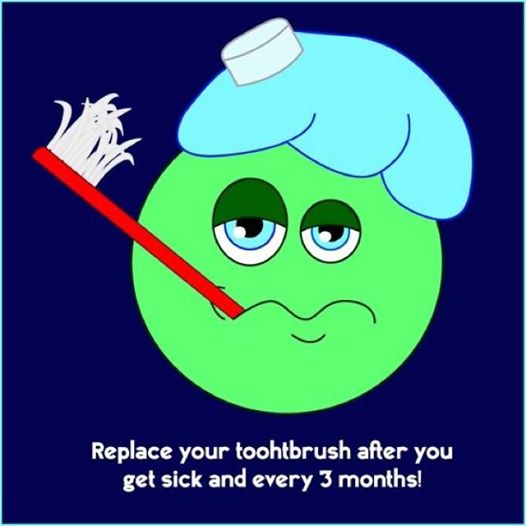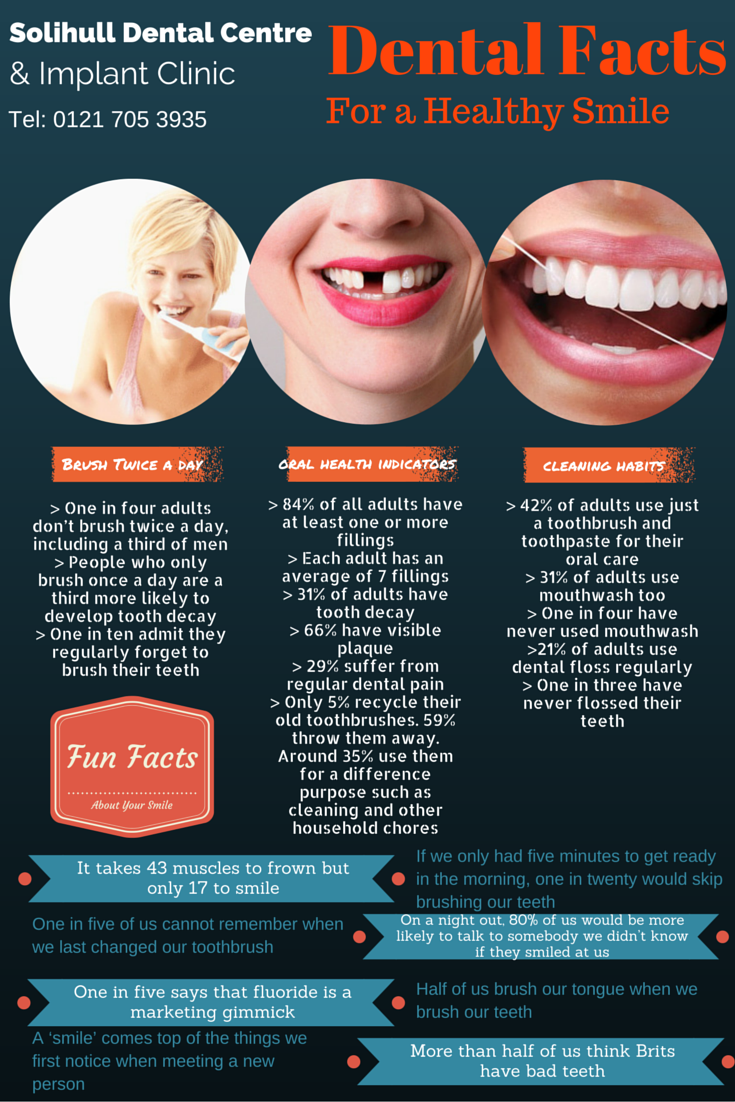 Why is dentistry so expensive?
Why is dentistry so expensive?
We often get asked this question by friends as well as patients and so we thought it would be a good idea to write a blog post which highlights the costs involved in dentistry and why it may sometimes seem expensive.
The first thing that is important to point out is that dentistry is NOT expensive, it is NEGLECT which it is expensive!
If you manage to look after your teeth from a young age, maintaining your dental health to a higher level you should find (assuming you have no congenital reason for any problems) that your teeth and gums remain healthy your entire life.
The advent of dental health and maintenance plans such as Denplan have made dentistry far more accessible with monthly payments as low as £14 per month (Less than the price of a cup of coffee per day), meaning that dental health checks and hygiene appointments often cost less than a mobile phone contract… Something which many people are happy to pay.
Let’s look at some of the costs involved in dentistry.
1. Advanced training.
Did you know that all dentists must carry out at least 250 hours of Continuing Professional Development (CPD) every five years, with other dental professionals obligated to carry out 150 hours of CPD?
The General Dental Council recommend a variety of topics:
Those topics are:
- Medical Emergencies
- Disinfection and Decontamination
- Radiography and radiation protection
- Legal and ethical issues
- Complaints handling
- Oral Cancer: Early detection
- Safeguarding children and young people
- Safeguarding vulnerable adults
Carrying out this continuing professional development ensures you have the most highly qualified and trained dental team looking after your dental health. If you want to know which causes your dental team have undertaken please ask to see them, many practices may also displayed clearly on the walls in the patient waiting areas.
2. Holistic dentistry
Dentistry of old was simply focused at looking after your teeth, we now know that bacteria which are involved in dental disease such as gingivitis and periodontitis are also involved in other health conditions such as diabetes and problems with your heart.
It also used to be the case that the dentist would look after each individual tooth as a problem arose. If there was decay in the tooth it would be filled or if the tooth needed to be removed it would be extracted. Modern thinking, materials and training now allows a forward thinking dentist to take into account your entire dentition whenever a single tooth is treated.
Teeth should not be treated in isolation and the complete oral system should always be taken into account including teeth, gums, the bite and oral cancer screening.
3. Using the best materials
A quick and easy way to make dentistry cheaper would be to cut back on materials and used cheap imports. In the UK we are required to use CE marked products. This guarantees their quality and ensures that everything is traceable and trackable in the event of any future problem.
4. Using the best dental laboratory
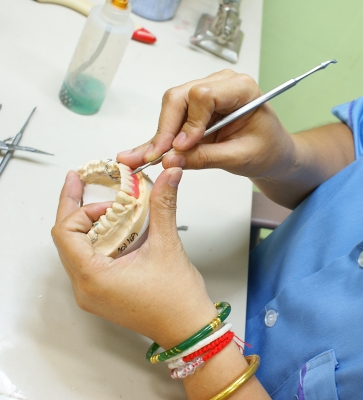
If you are required to undergo any form of restorative treatment such as dental veneers, crowns, dentures or dental implants it is more than likely that the dental laboratory will be involved. It is possible to purchase dental crowns from overseas laboratories for as low as £15, however this means there is little control over the quality of the restoration all the materials used.
More information about the dangers of using a cheap dental laboratory.
High-quality dental laboratories, understandably, charge a higher fee for producing these restorations which are not only look great but will last for many years. Using quality craftsmen will always come at a higher cost which ultimately will be passed onto the patient.
5. Cross infection and sterilisation control
In the UK dentists are required by the Care Quality Commission (CQC) to run strict cross infection control measures. This very often includes a separate cross infection control area from the main surgery in the dental practice.. Complying with these controls is absolutely the right thing to do but having these separate areas and advanced cross infection control equipment clearly comes with additional cost.
How to Get Cheap Dentistry
The simplest answer to keep dentistry cheap is to look after your teeth. Brushing your teeth twice per day for 2 minutes each time, using an interdental brush or floss daily and mouthwash in between brushing and after meals is the best way to keep your dental costs down.
If you enrolled on a dental maintenance plan (typically starting at around £14 per month) this will ensure you have regular dental health checkups and deep cleaning with your dentist/hygienist, coupling this with your excellent home oral health care routine will mean your dentistry costs are considerably lower.
Always remember…
Dentistry isn’t expensive, neglect is.
===========
Solihull Dental Centre and Implant Clinic are a family dental practice situated in the heart of the Midlands helping the local people maintain bright and healthy smiles.
Images courtesy of freedigitalphotos.net


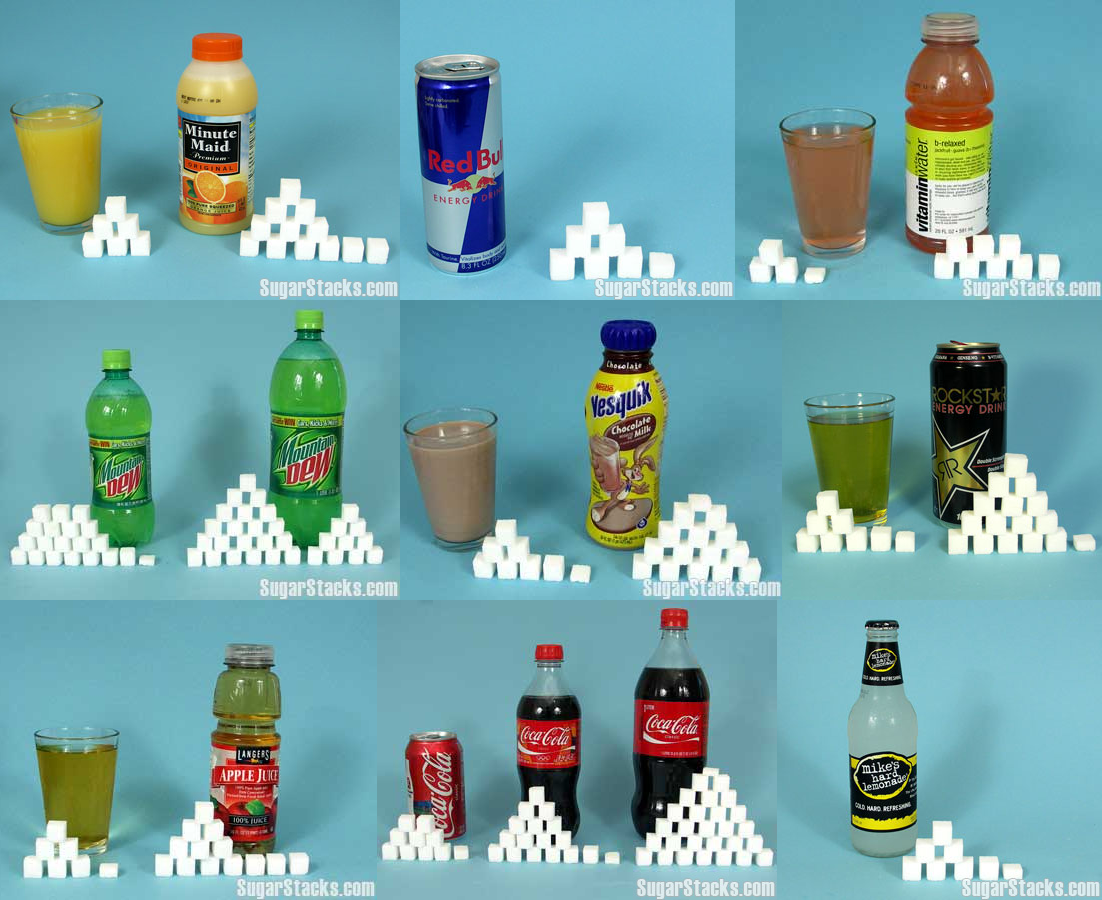

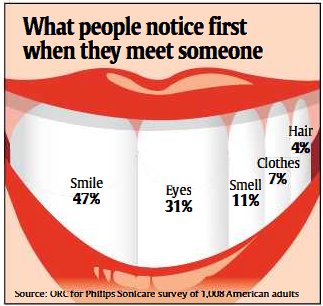 Research by both Sonicare and the American Academy of Cosmetic Dentistry has shown that people tend to notice a great smile first when they meet you. This goes a long way to explaining why a straighter smile improves self-esteem.
Research by both Sonicare and the American Academy of Cosmetic Dentistry has shown that people tend to notice a great smile first when they meet you. This goes a long way to explaining why a straighter smile improves self-esteem. It is absolutely vital that you keep your teeth clean. Each time you eat the bacteria in your mouth needs of of the
It is absolutely vital that you keep your teeth clean. Each time you eat the bacteria in your mouth needs of of the 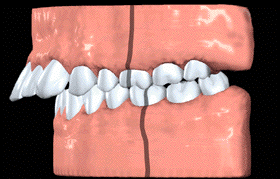 If your teeth protrude then they are more likely to receive a direct blow in the event of an accident.
If your teeth protrude then they are more likely to receive a direct blow in the event of an accident.